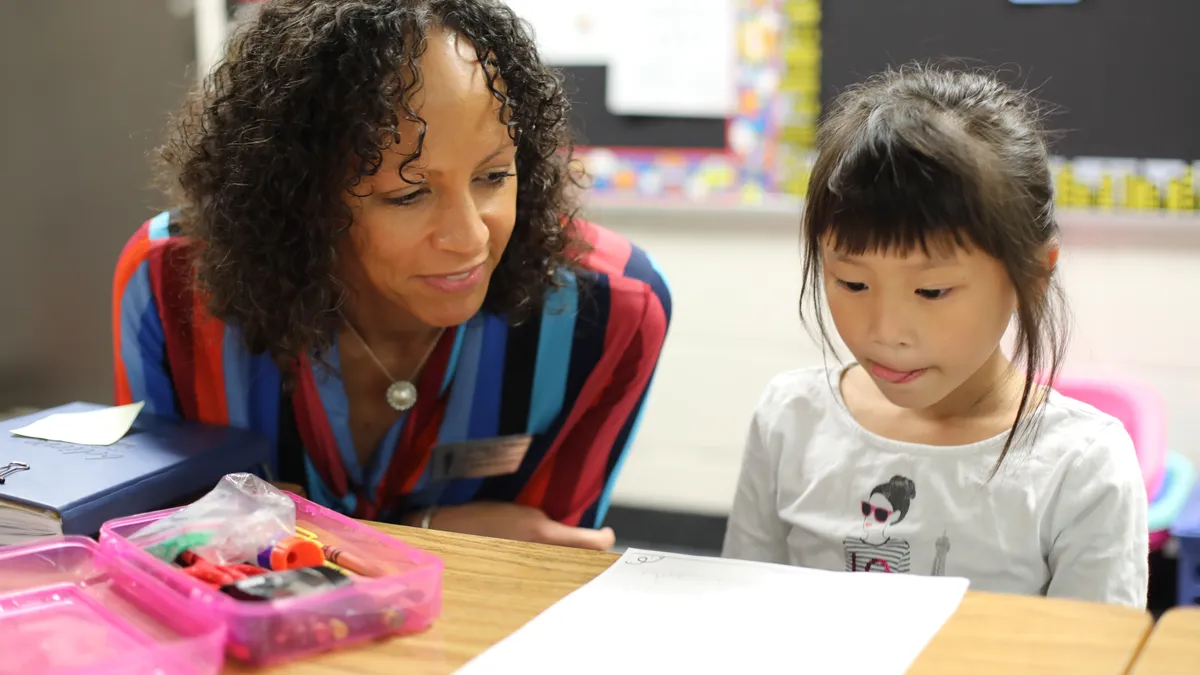Dive Brief:
- Americans trust K-12 principals more than other authority figures to be caring, to provide fair and accurate information and to handle resources responsibly, according to a new Pew Research Center survey of more than 10,600 adults.
- K-12 principals are also considered more likely to admit mistakes or take responsibility for them when compared to military leaders, police officers, leaders of tech companies and other authority figures. Respondents said members of Congress were least likely to admit mistakes. Respondents also answered that principals were more likely than other leaders to face consequences for unethical behavior “all or most of the time.”
- Opinions of principals were consistently high across all demographic groups, but responses did vary by political affiliation. Democrats, for example, were more likely than Republicans to respond that principals always “perform key aspects of their jobs,” such as ensuring students develop critical thinking and problem-solving skills — 76% compared to 68%.
Dive Insight:
The overall survey results show that the more unethical Americans believe people in authority positions behave, the less likely they think those leaders do their jobs effectively. “Conversely, U.S. adults who think group members admit mistakes and take responsibility for them have relatively high levels of confidence in key performance activities of that group,” according to a summary of the results.
The findings reinforce that principals are key, respected figures in their communities and that Americans generally believe they have their students’ best interests in mind. But they also value transparency and are more likely to express confidence in school leaders if they are honest about failures.
“When leaders show vulnerability, they can promote an organizational culture in which mistakes and opinions are openly discussed rather than avoided out of fear of embarrassment or reprimand,” Frauke Meyer of the University of Auckland in New Zealand, wrote in a piece last year for the National Association of Secondary School Principals. “In a culture that accepts vulnerability, problems can be discussed more thoroughly, and more information is available on which to base effective decisions and problem-solving.”
Even with high marks across the board, the Pew survey’s findings point to some differences in way particular groups perceive principals. Women and those with college degrees were more likely to give high ratings to principals compared to men and those with less education. Black people also expressed more confidence in principals than white people.








 Dive Awards
Dive Awards






